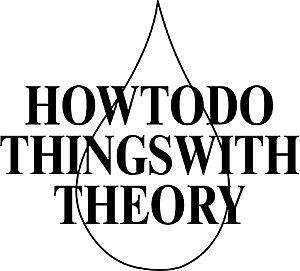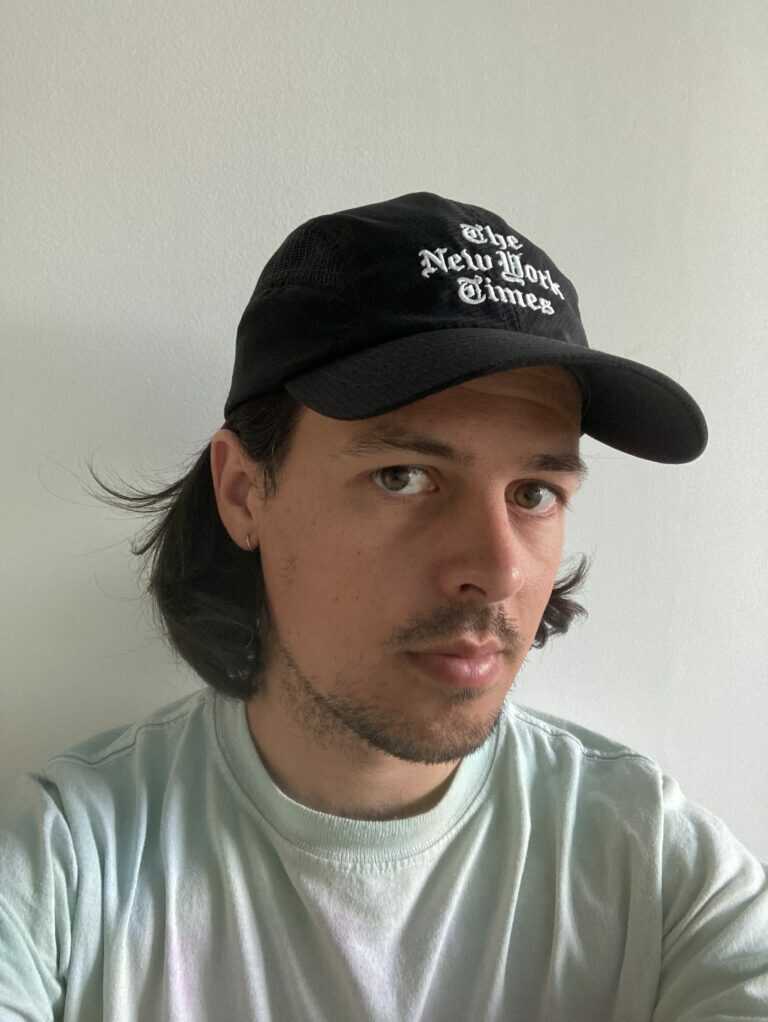Matthieu Blond: Invisible Gestures: The Codification of Human Gestures Toward the Redifinition of Space and Time in Western Society
Thesis Supervisor: Anselm Franke
Thesis: Invisible Gestures: The Codification of Human Gestures Toward the Redifinition of Space and Time in Western Society
Arnhem, August 2020
Abstract
This research explores the gestural construction of space and time in Western society. Gestures have been codified over the course of history in order to establish more and more complicated relationships in human relations, and at the same time diminish their complexity. This codification of the gestosphere, the set of gestures specific to a society, has repercussions on the perception and construction of the human environment. In order to understand this change of paradigm, this thesis first understands human gestures and then compares them with the gestures of the apes and artificial intelligences, which represent the two opposites of gestures: complex and complicated. These two notions come from Bruno Latour's analysis of the differences between human and ape societies. The complex gesture is nested in the present and the space where the body is located, limited to the resources of the environment and taking into account the whole body. The complicated gesture allows access to other times, other spaces and other resources that are not directly in the environment where the body is located. The complicated gesture divides and isolates the body's movements in order to refine its precision through codification and control of the body's movements. Previous studies of gesture have focused on understanding gesture as either an expressive movement in an intersubjective context, or as a manipulative movement in a technological context, but relatively little in the context of a spatio-temporal construction. This research sets up the concept of gesturoscape; the construction of the environment through gestures; which is in line with the study conducted by Francesco Carreri. Gestures are characterized by a way of inhabiting the world through movement; it is by reappropriating gestures that humans can transform their environment.
Author: Matthieu Blond


